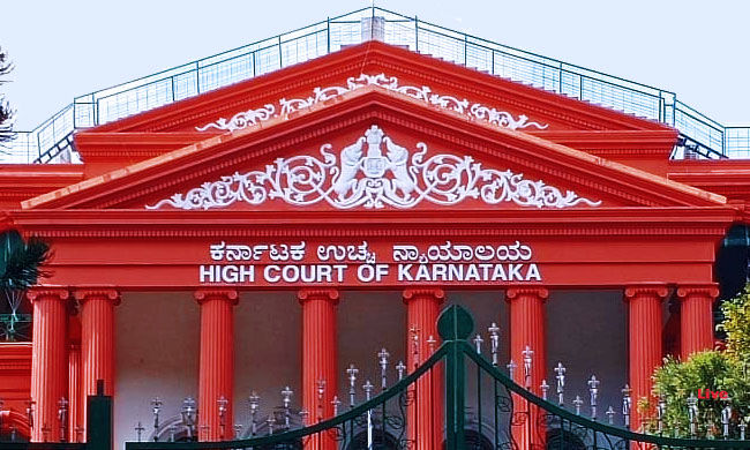The Karnataka High Court has held that Section 63 of the Copyright Act, which prescribes a punishment of minimum 6 months that may extend to 3 years imprisonment, is a cognizable offence and police can register an First Information Report, on receipt of a complaint. Justice M Nagaprasanna said,"Merely because a separate provision under Section 64 of the Act which depicts power...

